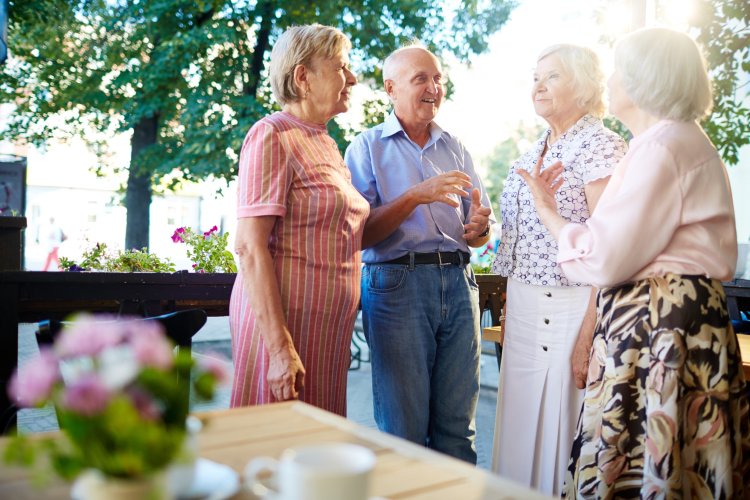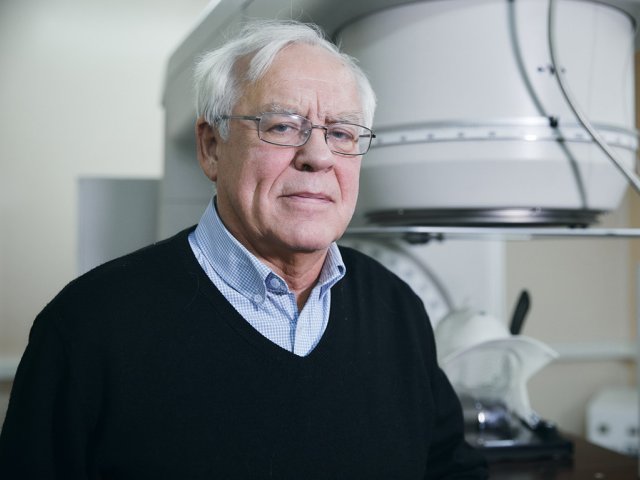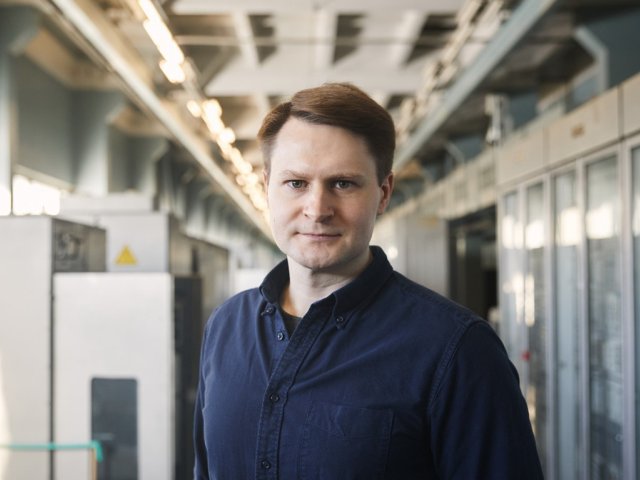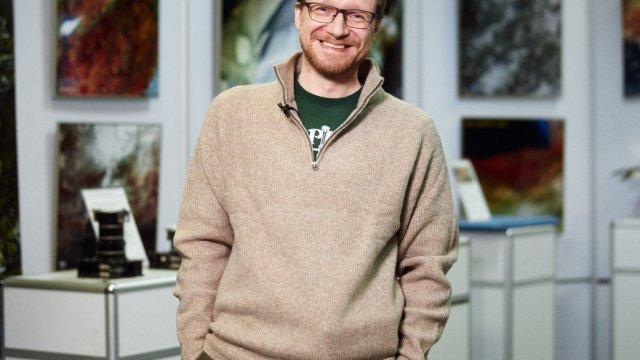For 30 years, the International Day of Older Persons has been celebrated annually around the world on October 1. It was designed to raise awareness about the older generation and their difficulties.
The thematic date was established by the UN General Assembly in December 1990. It was first held in 1991.
According to the UN, in 60 years, from 1950 to 2010, life expectancy in the world increased from 46 to 68 years. Forecasts say that by the end of the century it will increase to 81 years. There are about a billion people aged 60 or over living in the world, and by 2030 there may be a little fewer than one and a half billion of them.
The adoption of the Madrid Plan of Action in 2002 was a turning point in addressing the problems of aging in the twenty-first century. This plan assumed such priority areas as active participation of older people in society, ensuring health and well-being in old age, promoting the creation of favorable conditions for their social development.
The science that studies the biological, sociological, and psychological features of the aging process is called gerontology. It is closely connected with medicine, and one of its key objectives is the search for factors that cause aging. In research, scientists study changes at the level of cells and molecules, the course of nervous processes in the body of elderly people.
Aging processes occur at several levels at once: these are biological, physical, psychological, and social conditions. With age, the cells’ ability to reproduce themselves decreases, the efficiency of the respiratory and cardiovascular systems decreases. There are changes in short-term memory and the speed of information processing.
The social aspect of aging is reflected in the change of roles that occur during life: from an employed to a pensioner, from a child to a parent. Due to the multilevel nature of the aging process, its study combines various scientific disciplines. Among the fundamental sciences that are involved in understanding the process, biochemistry, molecular biology, genetics, and immunology are noted. Anthropologists, economists, sociologists, historians, philosophers, and art historians also make their contributions.
The knowledge that is collected as a result of studying the aging processes helps not only to improve the quality of life of older people but also makes it possible to better understand the general condition of a person in all aspects.
Photo: pressmaster / ru.123rf.com
Based on open sources






















